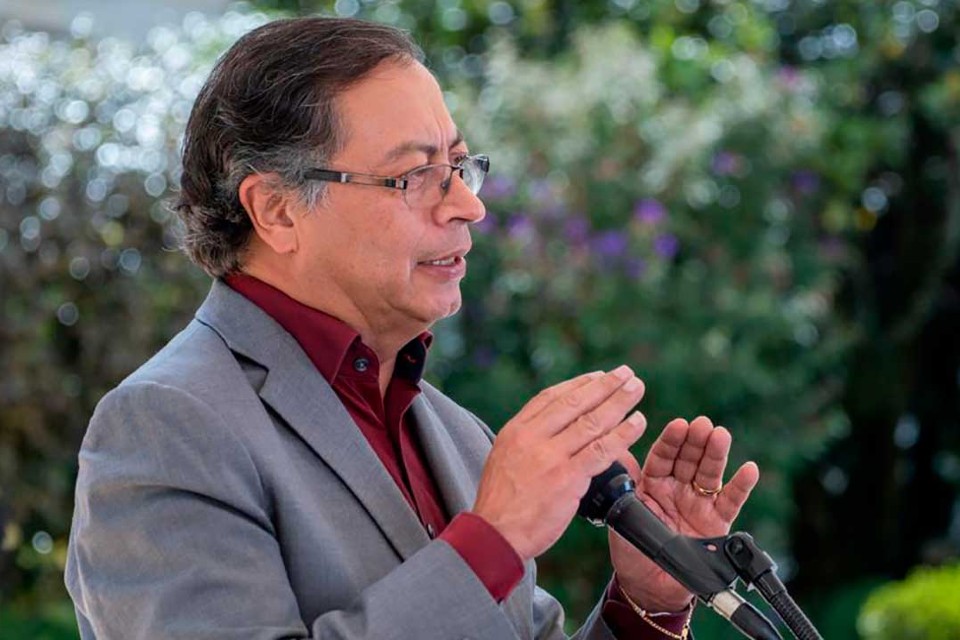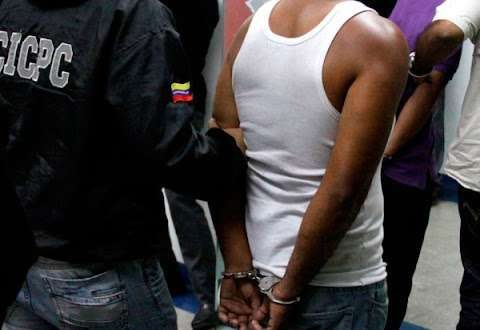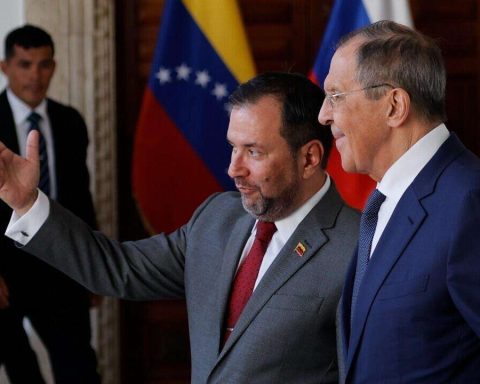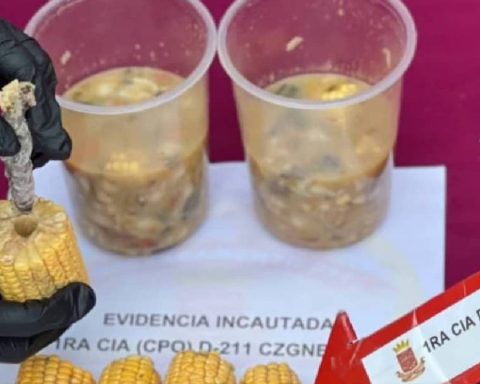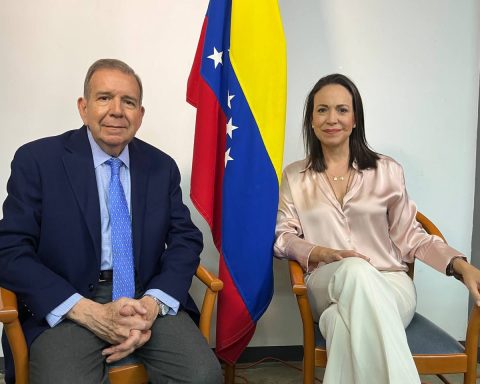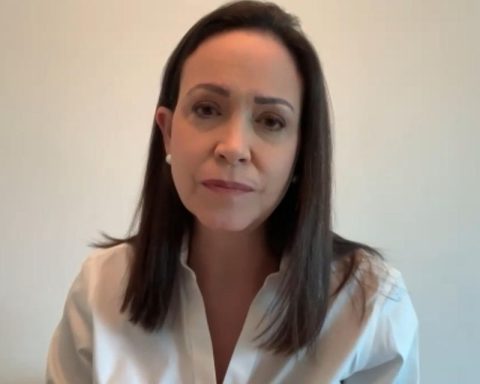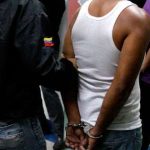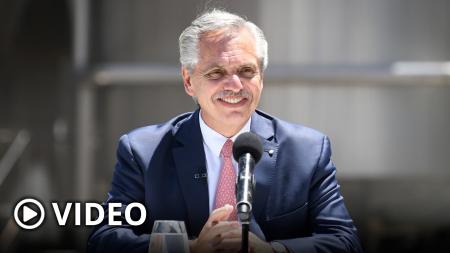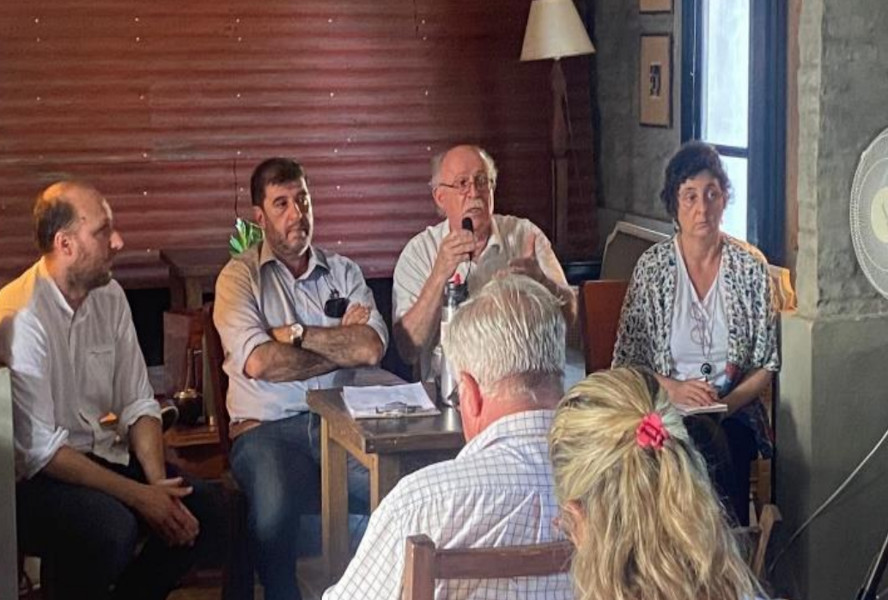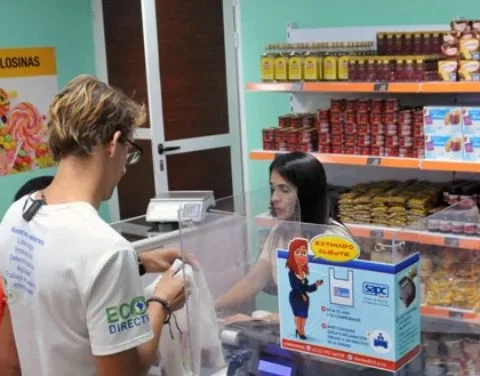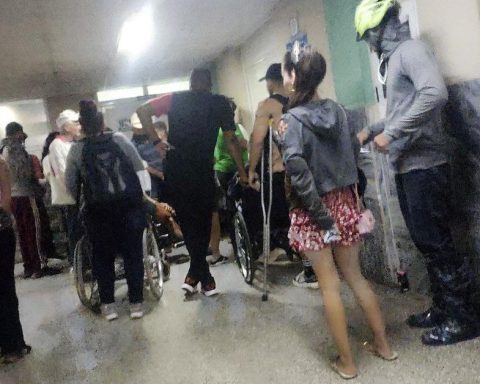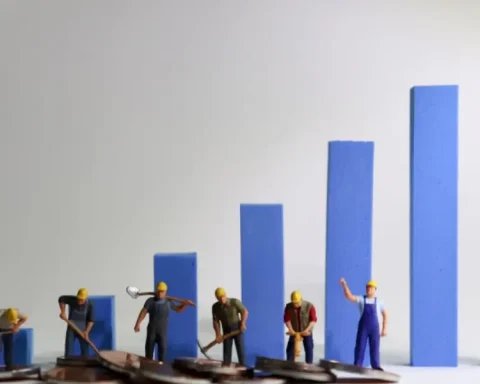The Colombian government extended the mission of the office of the UN High Commissioner for Human Rights until 2032, announced the head of the entity, Volker Türk, during an official visit to Bogotá
The Colombian government extended the mission of the office of the UN High Commissioner for Human Rights until 2032, announced the head of the entity, Volker Turk, during an official visit to Bogotá.
“I have just come from a ceremony at the Ministry of Foreign Affairs in Bogotá where we signed the new host country agreement with the government and I am very pleased because we extended the presence of my office here until 2032,” Türk declared in English from a downtown hotel in the Colombian capital on Wednesday, January 25.
The office of the UN High Commissioner for Human Rights was established in Colombia in 1997 and its mandate has been renewed several times. Its mission is to observe, advise and report on respect for human rights in the country, plunged into a half-century armed conflict that has left more than nine million victims.
Türk made himself available to the president of Colombia, Gustavo Petroin his search for “total peace” and offered to advise the dialogues he is carrying out with rebels, drug traffickers and gang members with the aim of putting down their rifles.
*Read also: High Commissioner for Human Rights will visit Venezuela between January 26 and 28
The office of the High Commissioner periodically delivers reports that account for the violence that followed the peace agreement signed in 2016, in Colombia, with the then guerrilla that the FARC and that affects especially vulnerable populations: indigenous people, Afro-descendants, peasants, defenders human rights, among others.
Türk also supported the government’s shift in its anti-drug policy, which went from “a mainly punitive approach to a more social and public health approach.”
Petro, the first leftist to come to power in Colombia, has asked the White House to reconsider the “failed” war on drugs, the main engine of violence in the prolonged internal conflict.
After four decades of fighting drugs, Colombia continues to be the world’s largest producer of cocaine and the United States its main consumer.
During his visit to Colombia, the High Commissioner met with Petro, government officials, the International Committee of the Red Cross (ICRC), human rights defenders, representatives of indigenous and Afro-descendant peoples, among others.
Post Views: twenty
